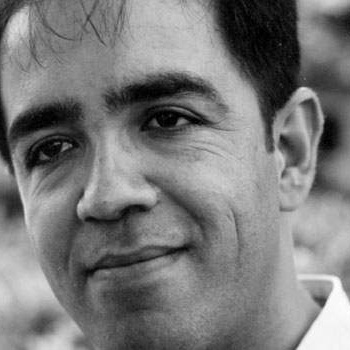Until recently, in Afghanistan the performance of traditional music could sentence the player to death. Thus, an entire generation in Afghanistan missed out on the folk tradition of Afghan music and exiled musicians have borne the responsibility to keep that tradition alive. Through their collaboration, the Afghan Ensemble and Fremont Symphony Orchestra developed a five-concert series, “Afghanistan: Music of Tradition and Transition,” featuring lead artist Hamed Shalizi and the Afghan Ensemble, including Izmarai Arefi, Aziz Herawi, Kabir Howaida, and Husain Sarhang.
One of the largest populations of Afghans in the United States currently lives in Fremont, California, and the Afghan Ensemble was formed there in the summer of 2002, sponsored by the Fremont Symphony Orchestra. The five-member group began working together to research and rehearse traditional musical styles. This grant allowed them to extend that research and develop new repertoire.
Afghanistan’s national instrument is the robab, a short-necked double-chambered lute. Afghan Ensemble musicians play robab, dutar (a long-necked, 14-string lute), nai (wooden flute), tabla, dohl (both drums), harmonum, and piano. Its artists studied their respective instruments in Afghanistan before the political regime forbade music pursuits.
Hamed Shalizi attended the Academy of Music in Kabul, Afghanistan at the age of 13. There he studied music theory and piano. After a time, he studied traditional music of Afghanistan, beginning study of the harmonum with Ustad Saadiq Pendiwali. From there, he started to learn classical Afghan music theory and the ragas. He continued his musical studies after moving to the United States in the late 1980s, studying tabla with Ustad Zakir Hussian, and vocal and harmonum with Rita Sahai and Genish Tewari.
The Fremont Symphony was founded in 1964 to serve the residents of the region. It presents a series of family matinee concerts and hosts special events in addition to producing classical concerts.

